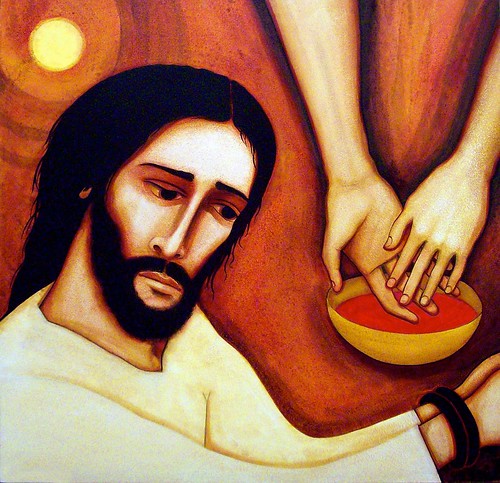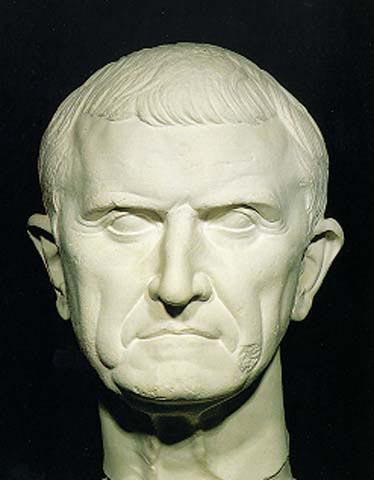The Radical Alternative of the Gospel of Peace
The Radical Alternative of the Gospel of Peace
by Brian Zahnd
Christians call Jesus the “Prince of Peace.” But what does that mean? Is it just a Christmas card cliché? Does it merely mean some peace of mind in an anxiety-ridden world? Or might it mean something more substantial? Perhaps much more substantial. Might it mean that Jesus offers the world an alternative arrangement that could best be described as peace? This is what I have come to believe. Jesus is the savior of the world in a real, wonderful, and urgent way — the Prince of Peace who can lead humanity out of the madness of arranging our world around power, violence and war.
I have my own story of how I moved beyond a misguided allegiance to that tired paradigm of violence by discovering the radical alternative of the gospel of peace. This was not an easy move, but it was worth it. And it’s a story worth telling.
But I’m most interested in telling the story of Jesus of Nazareth and the revolutionary ideas he preached — especially his ideas about peace. This first century Jew from whose birth we date our common era, this one who became the heir of Isaiah’s ancient moniker of “Prince of Peace,” preached a new way of being human and an alternative arrangement of society that he called the reign or kingdom of God. It was (and is!) a peaceable kingdom. My claim, which I’m told is audacious by some and naïve by others is simply this: Jesus Christ and his peaceable kingdom are the hope of the world.
Read more









